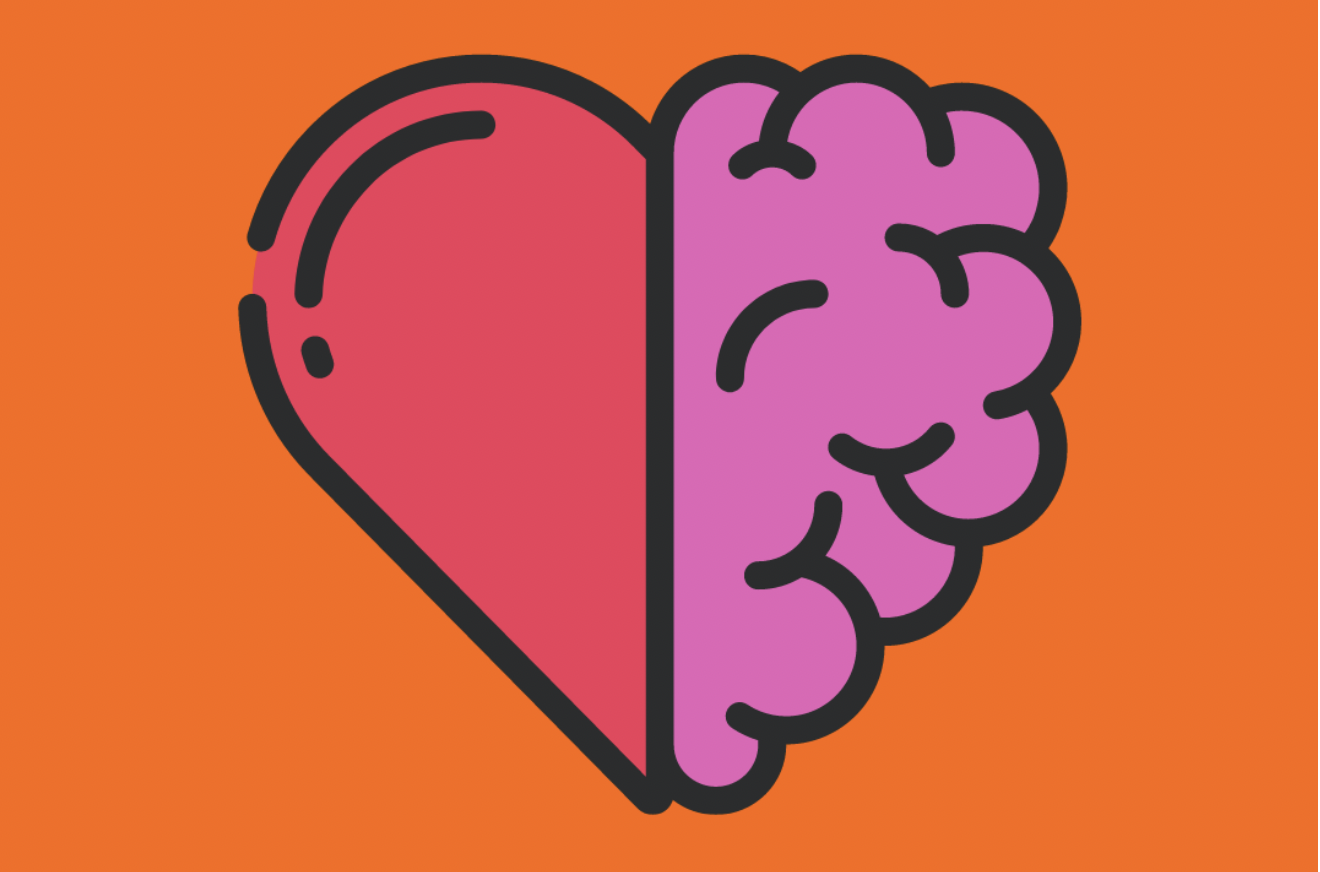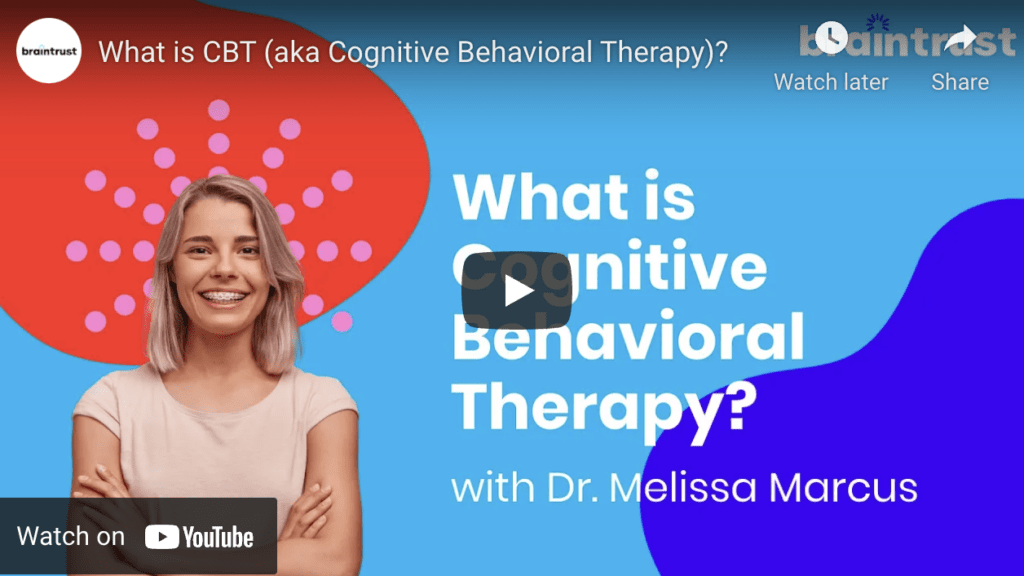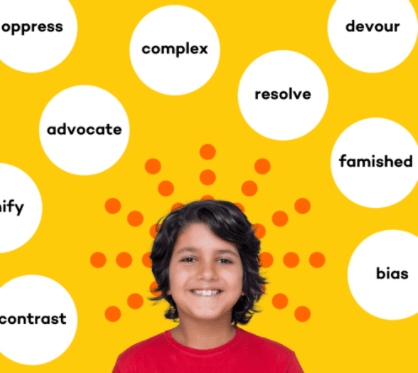
Core academic subjects are not the only topics that need to be taught in school. Despite the constant spotlight on reading, writing, math, science, social studies, and related subjects, it is also crucial that students have access to a high quality social-emotional learning curriculum.
Social-Emotional Learning (SEL) is a process students go through to develop skills for dealing with their emotions. These skills are also essential for interacting with others in a positive way. Someone who has strong social-emotional skills is able to build positive relationships with others, communicate with tact when needed, and self-advocate. They know which strategies best help them cope with difficult emotions, and they know and can avoid their emotional triggers. They are also able to set realistic goals for themselves, and can usually respond to failure with improvement in mind. This makes them better students as well! We are constantly working on our SEL skills, from the time we are toddlers all the way into adulthood.
Skills that fall under SEL:
Self-control
Emotional regulation
Expressing feelings verbally
Listening and paying attention
Turn-taking
Positive self-image
Taking constructive criticism well
Asking for help
Identifying others’ feelings
Responding appropriately to others’ feelings
Perspective-taking (empathy)
Cooperating with peers
Responsible decision-making
Why SEL should be taught in school
A child’s first lesson in SEL is usually determined by how a parent responds to their first emotional outbreak. Every parent has been there: your child demands something, doesn’t get it, and a tantrum ensues. You respond in one of several ways. If you give in, your child may learn that they can make a big fuss in order to get what they want. If you respond harshly, they may learn that they should stifle their strong emotions.
While neither of the above responses is ideal, we are all guilty of one or both at some point. Luckily, children are sponges. They can learn, unlearn, and re-learn over and over, giving parents multiple chances to get it right! But it shouldn’t be up to the parent exclusively to help their child develop these skills. That’s why there are a number of excellent SEL curricular programs being used in schools to help teachers guide students through lessons, activities, exercises, and role plays that aid in developing these important skills.
Supplementing your child’s SEL at home
The most important thing you can do to help your child develop healthy SEL skills is to model them. Show your child how you respond to challenging situations, how you communicate respect and empathy to others, and what it looks like to have a positive self-image while also looking for ways to improve. Be an active listener anytime your child is talking to show them that you value what they have to say. Read books with them about emotional regulation, empathy, and relationships.
If your child especially struggles with SEL in a way that manifests behaviorally, check out our post on Parent Behavioral Training, a tool that can help you identify ways to respond positively to your child’s challenging behaviors. You can also speak to your child’s teacher if you are concerned about the SEL skills your child is struggling to develop.




